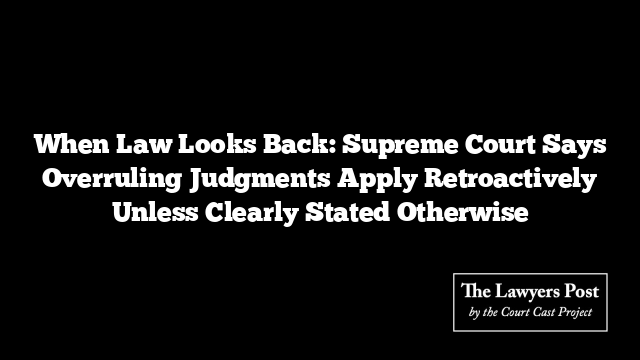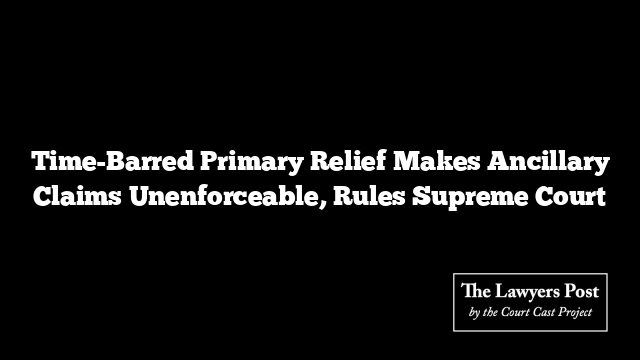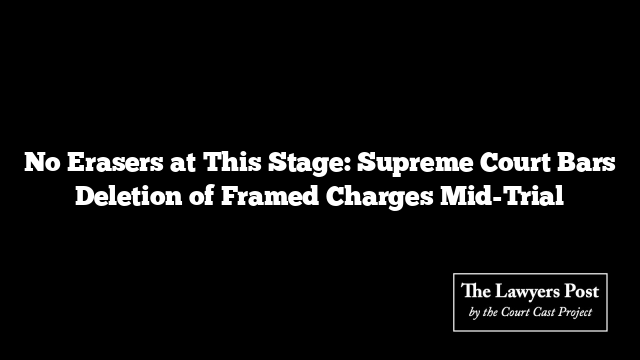In a sharp reminder that courts don’t invent law but reveal its true shape, the Supreme Court has clarified that when a previous ruling is overruled, the newer decision doesn’t mark a legal turning point—it simply corrects the course. And unless the judgment explicitly says it applies only going forward, it echoes backward too.
The bench, led by Justices JB Pardiwala and Manoj Misra, emphasized that such overruling judgments are not fresh creations but a recognition of what the law always was—just misunderstood earlier. “A judge is not a legislator,” the Court observed, “but a discoverer of what was always there.”
This ruling came in the context of a legal tug-of-war under the NDPS Act. The case hinged on whether Buprenorphine Hydrochloride, listed in the NDPS Schedule but not in the NDPS Rules, could still be used to prosecute someone. In Rajesh Kumar Gupta (2007), the court had said no. But that view was overturned by Sanjeev V. Deshpande (2014), which held that any substance in the NDPS Schedule—Rules or not—counts under the law.
Here’s the crux: Sanjeev V. Deshpande didn’t say it only applied prospectively. That silence carries weight. The Supreme Court ruled that the newer decision must be treated as applicable to past, present, and future cases—unless it clearly says otherwise.
This became key after the Trial Court dropped charges against accused individuals, citing Rajesh Kumar Gupta. The High Court agreed. But the Directorate of Revenue Intelligence took it up to the Supreme Court, which reversed the lower courts’ decisions, restoring the charges and affirming that the law, as reinterpreted in Sanjeev V. Deshpande, applies to this case too.
Importantly, the Court also sounded a word of caution: the power to apply a ruling prospectively shouldn’t be treated as routine. It’s a tool for rare occasions, to avoid legal disruption—not a judicial get-out-of-retrospectivity card.
And in a final procedural note, the Court underscored that charges can’t simply be wiped out under Section 216 of the CrPC—meant only for tweaking charges—not erasing them altogether.
Courts may change their mind—but unless they say otherwise, the new understanding of the law stretches back in time, reshaping even those cases thought to be settled under the shadow of a now-overruled precedent.





